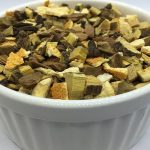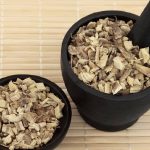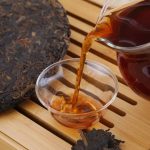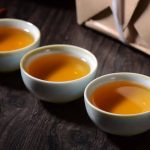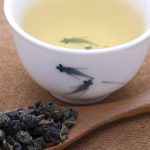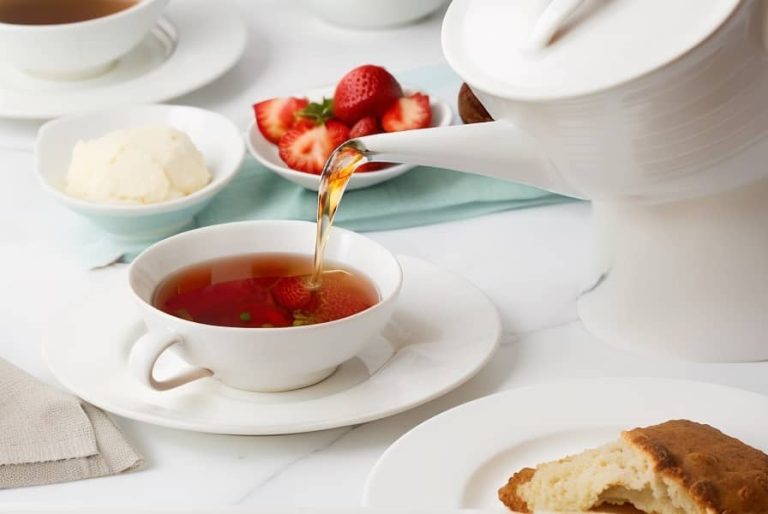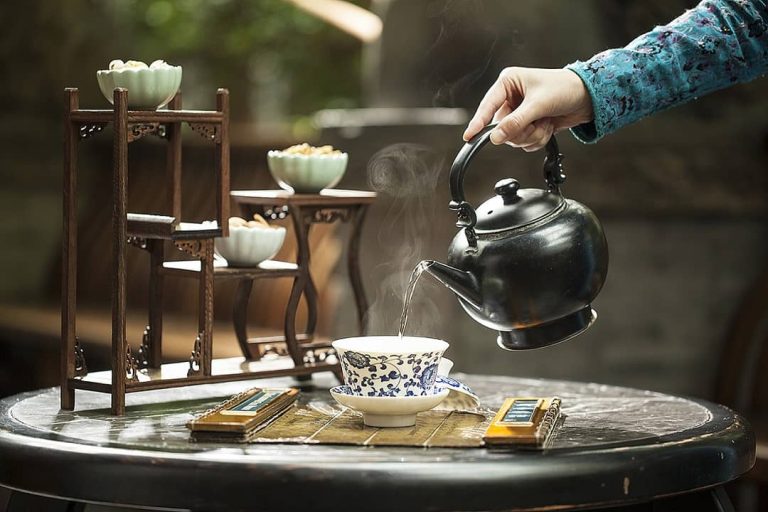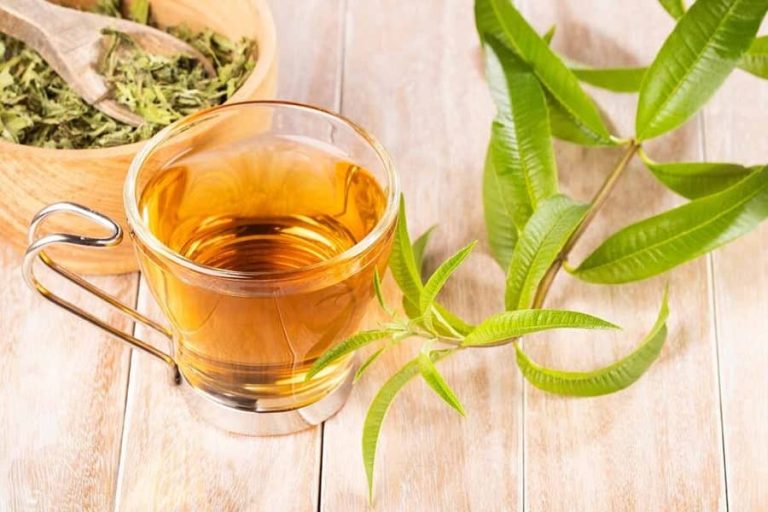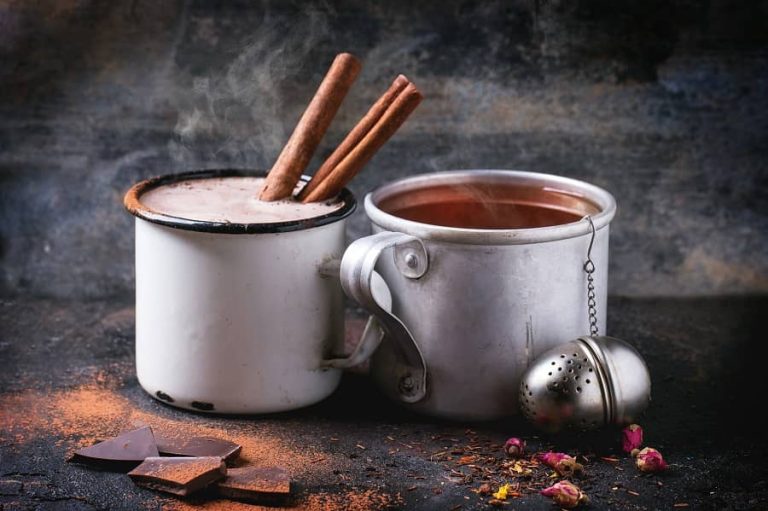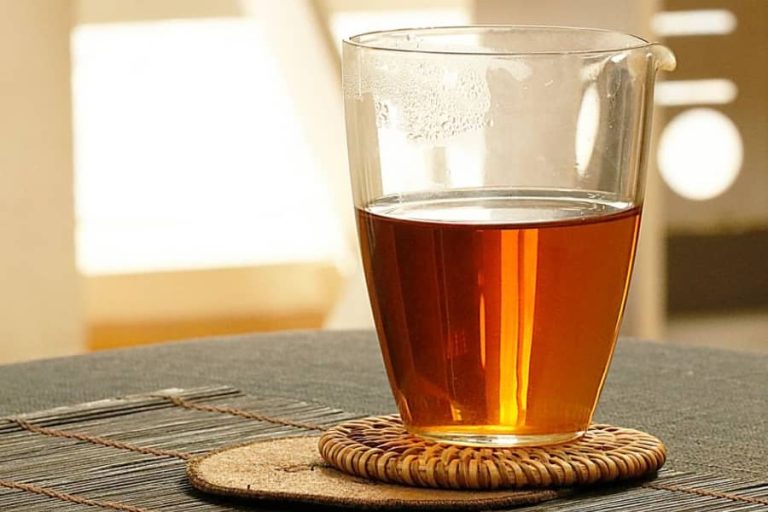Is it OK to Drink Licorice Tea at Night? Exploring the Effects
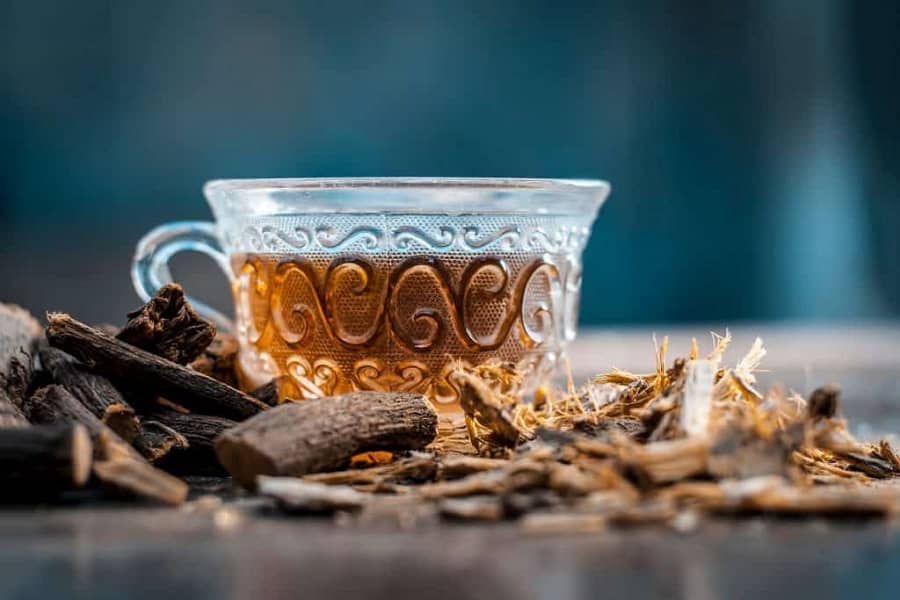
Licorice tea, known for its soothing properties, has gained popularity as a comforting beverage. However, is it suitable to consume licorice tea at night? In this article, we will delve into the potential effects of drinking licorice tea in the evening and provide insights to help you make an informed decision.
Understanding Licorice Tea
Licorice tea is made from licorice root, which contains active compounds like glycyrrhizin and flavonoids. These compounds contribute to the tea’s distinctive taste and potential health benefits, making it a popular choice among tea enthusiasts.
The Effects of Licorice Tea at Night
- Potential Sleep Disruptions:
Glycyrrhizin, present in licorice root, can stimulate the nervous system. This stimulation may interfere with sleep patterns, leading to difficulty falling asleep or experiencing restless sleep. Individual sensitivity to stimulants can vary, so it’s important to pay attention to how licorice tea affects your sleep. - Gastrointestinal Effects:
Licorice tea has been known to increase gastric acid secretion. Drinking it at night may lead to discomfort, indigestion, or acid reflux, which can disrupt sleep or cause awakenings during the night. If you have a history of gastroesophageal reflux disease (GERD), it’s advisable to exercise caution when consuming licorice tea in the evening. - Diuretic Effect:
Licorice tea possesses mild diuretic properties, meaning it can promote urine production. Increased nighttime urination can disrupt sleep and lead to frequent awakenings. If you already experience nocturnal bathroom visits, drinking licorice tea before bed might exacerbate this issue.
Personal Factors to Consider
- Sensitivity to Stimulants:
Everyone reacts differently to stimulants like licorice tea. It’s essential to be aware of your personal sensitivity and observe any sleep disturbances after consuming licorice tea at night. If you experience disruptions, consider adjusting the timing or limiting your intake. - Existing Health Conditions:
Certain health conditions, such as GERD or urinary issues, might be affected by licorice tea consumption at night. Individuals with such conditions should consult their healthcare professional for personalized advice on whether drinking licorice tea in the evening is suitable for them.
Recommendations for Nighttime Consumption
- Moderation and Timing:
To minimize potential sleep disruptions, consume licorice tea in moderation and avoid drinking it too close to bedtime. This allows your body sufficient time to process the tea before sleep. - Alternative Herbal Teas:
If you prefer a soothing beverage before bed, consider alternative herbal teas known for their calming effects, such as chamomile or lavender. These teas are less likely to interfere with sleep and may provide a more restful experience.
Conclusion
While licorice tea offers potential health benefits and a comforting flavor, consuming it at night might lead to sleep disruptions and gastrointestinal effects for some individuals. Personal factors, including sensitivity to stimulants and existing health conditions, should be considered when deciding whether to drink licorice tea in the evening. By exercising caution, moderation, and exploring alternative herbal teas, you can make an informed choice that promotes a restful night’s sleep. Remember, if you have concerns or specific health conditions, consult with a healthcare professional for personalized advice.

